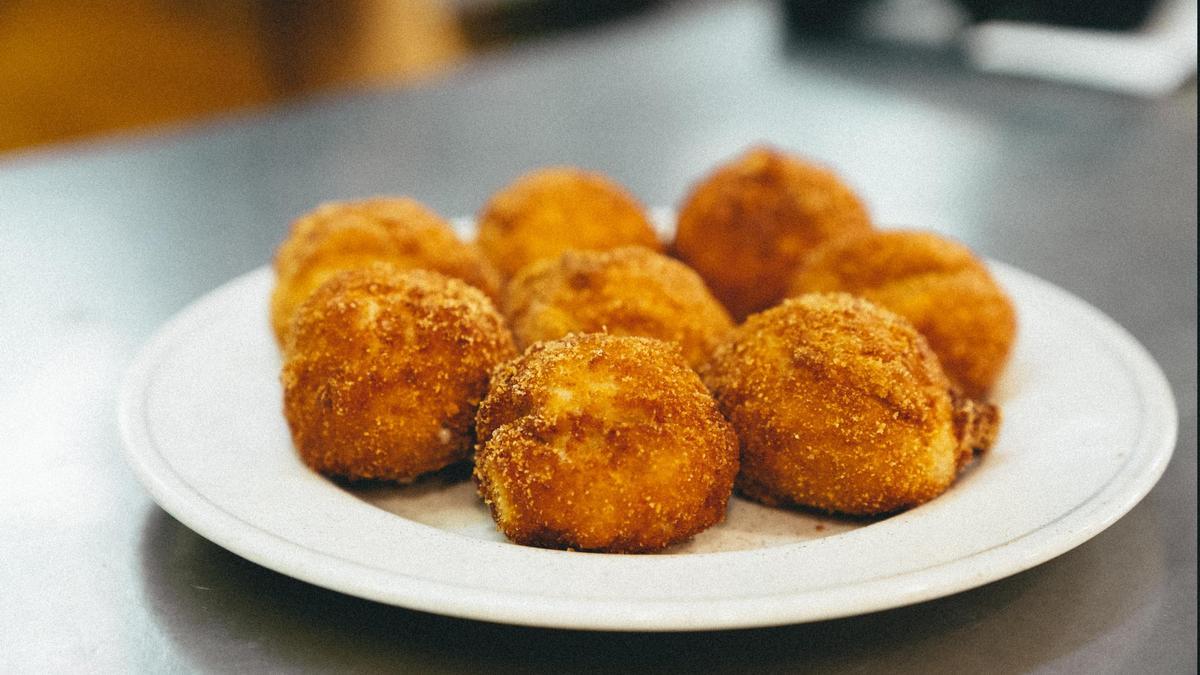In the week we leave behind, some dark conspiracy or fatal planetary alignment must have occurred for two cannon shots against the mainstay of Hispanic cuisine to occur simultaneously: the paella. On the one hand, Javier Albisu, EFE correspondent in Brussels, has stated that, in the canteen of the Council of the European Unionwhere hundreds of officials eat lunch every day, served on Thursdays Vegetarian paella with tofu; namely thickened soy milk, which is good for cholesterol and arteries, but just the sight of it will cause hospital grief. On Thursdays, paella; a classic. Gastronomic vices affect the Board’s menu with worthy accompaniments: fideuá style macaroni. Both are decorated with Spanish flags.
The second insult came from England, where Supermarket chain Marks & Spencer sells chorizo paella croquettes, thus giving British television chef Jamie Oliver’s rice fantasies a sinister twist. The monstrosity, with its dough and béchamel, was told by ‘The Times’ correspondent, Simon Hunter, who has lived in Madrid for many years, via his X account (formerly Twitter), immediately sparking lively controversy. to Spain, Hugh Elliott, has taken advantage: “Chorizo, yes! Paella, yes! Croquettes, yes, yes! All together?… M&S, ‘what have you done?’ (what have you done?)”. The problem, which they have named ‘croquette‘, distracts us from the world that is Sunday, and coincidentally allows us to answer a tricky question here: canon paella.
Eels and snails
For purists, such as the chronicler Dionisio Pérez Gutiérrez, aka ‘Post-Thebussem’, Authentic paella, originating from the coast of Albufera, contains only eel, snails and ‘bajoque’ (green beans), a set that is best eaten not accompanied by bread, but “biting the chives”. Friends, you don’t have to be like that, be Taliban, because as Néstor Luján and Joan Perucho say, “rice means water, water means orchards and irrigation, fertility, joy and vitality.” Paella is so free and versatile that it allows for various combinations of meat, fish and vegetables.; some artichokes from Benicarló, for example. But you know what?
In his essay ‘We eat and drink. Notes on cooking and life’ (Books of the Asteroid), Ignacio Peyró rightly points out that, after all, The most important thing about paella is not its origins or ingredients, but its lessons, its baroque variations and its anarchy.. “Because paella shouldn’t work, but it still does.” Despite the mixture of heresies, this was a “human achievement.” A very applicable lesson in the world of politics.

“Web specialist. Incurable twitteraholic. Explorer. Organizer. Internet nerd. Avid student.”






